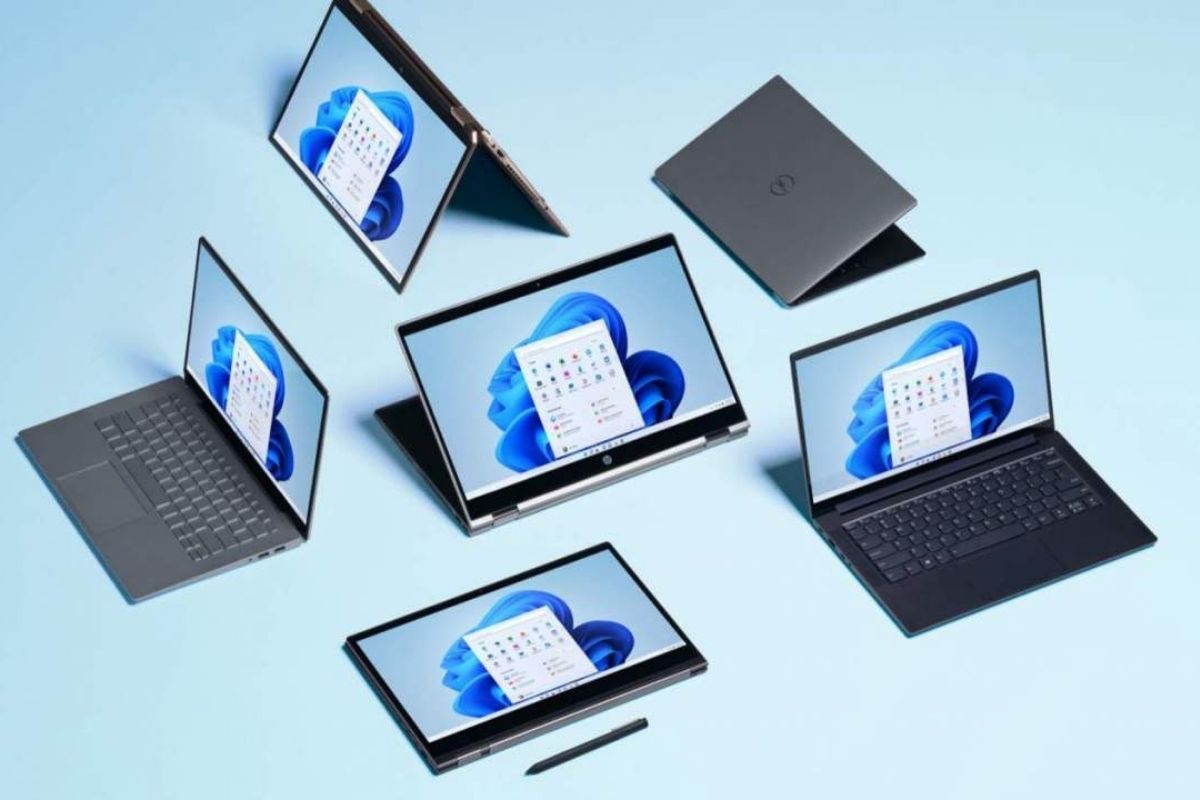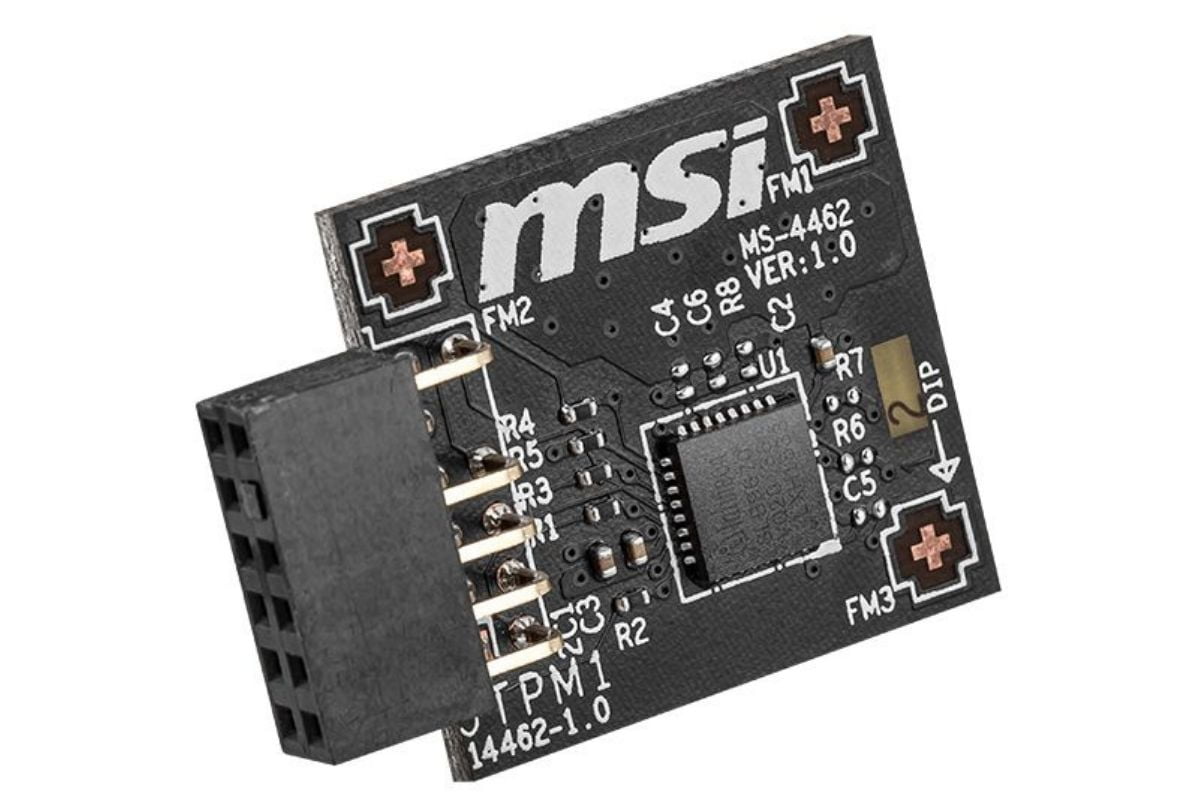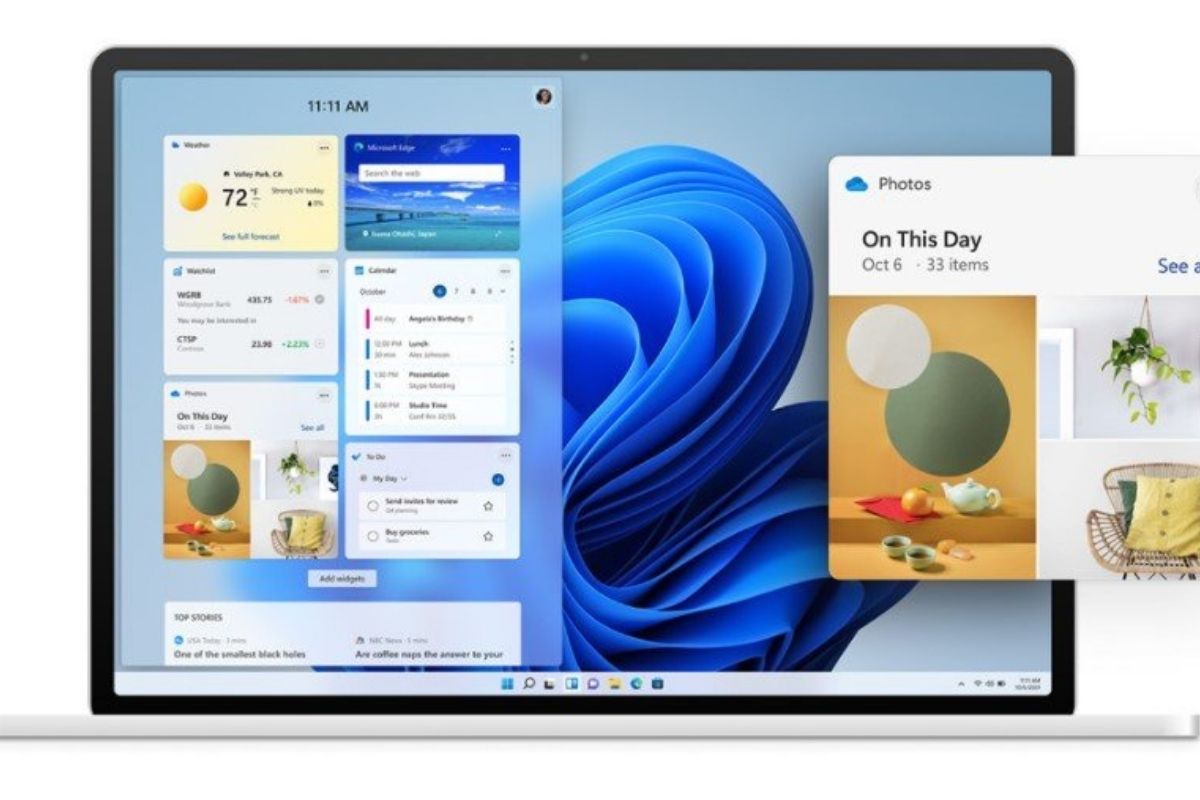
Microsoft recently announced the next version of Windows 11 and, with this announcement came the information regarding the features and limitations of the Windows 11 update, combined with which devices will support it and which devices won't.
This has resulted in sudden attention to the Trusted Platform Module or TPM, which has caused concern for early adopters of the upcoming OS.
A question of whether or not your laptop has a TPM that can work with Windows is one that most would never expect to have been asked, but that has suddenly become the new norm, at least since the announcement.
Today, we will take a look at what a TPM exactly is and how Microsoft is requiring the need for a specific TPM.
What Exactly Is a Trusted Platform Module (TPM)?

To explain it simply, the TPM is a small chip present on your computer or laptop's motherboard, usually within the module but at times separate from the main memory and CPU.
The chip is much like the authentication device or app that you might use for additional security, but, in this instance, it is like when a code is provided and, in case it is not read in the given time, the process is failed.
When you press the power button on a newer PC that makes use of full-disk encryption and a TPM, the chip will act as a supplier of a unique code dubbed a cryptographic key. If everything is fine, the drive encryption is opened and your computer will startup. In case of a problem with the key, your PC will fail to boot.
That is not the only use case though, as there are multiple other use scenarios. Many apps and features also make use of the TPM post the system has booted up. The Outlook email clients make use of TPM to take care of encrypted messages.
Furthermore, the Firefox and Chrome web browsers also make use of the TPM for some functions, like maintaining SSL certificates for websites.
Why Are TPMs Important For Windows 11?
Earlier versions of Windows, such as Windows 7 and Windows 10 have both required support for TPMs. with the main adopters being laptops and desktops meant for use within major organisations with security requirements. TPMs have been replaced by smart cards at some organisations, but they are still very useful.
TPMs are primarily used as efficient methods of securing Windows PCs. It might interest you to know that since July of 2016, Microsoft has made it necessary for TPM 2.0 support on all new PCs, be it for Windows Home, Education, Pro or Enterprise.
Just like this, Windows 11 will only work on devices with TPM 2.0. If you download the compatibility tool and it states that your laptop supports Windows 11, there is a great chance that your laptop has the new module.
Interestingly, however, Microsoft has noted subtly that Windows 11 will run on PCs that have older TPMs in certain situations, with the documents indicating that the TPM 2.0 is a soft floor requirement, with PCs with TPM 1.2 supported, but, the devices that do have them will get a note that mentions that the upgrade is not advised.
Does Your PC Have TPM 2.0?

If you have a computer that meets the minimum requirements for Windows 11, it might support TPM 2.0. The standard is new, so, if your laptop is older than 2016, it might not have TPM 2.0 and vice versa for devices launched in 2016 and later. The older laptops should include TPM 1.2, which according to Microsoft is not recommended for Windows 11.
Due to the various kinds of TPMs on offer, there is no easy way to verify whether or not your PC has an enabled TPM 2.0 chip or firmware, with Window's rather generic security processor status indicator being your only hope.
Certain companies like Dell have released a chart that indicates which type of TPM is installed in which system. The company makes use of three different types of TPM 2.0 in the Latitude, Precision and consumer laptops and desktops, which should make things a bit simpler for a generic user.















